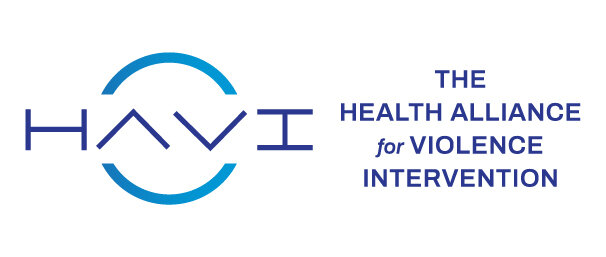HAVI Applauds California Legislature’s Passage of Bill to Ensure Violence Prevention Services Are a Covered Benefit Under State’s Medicaid Program
California becomes fifth state in the nation to pass such legislation, joining a growing movement to use Medicaid as a key funding component of the community violence intervention ecosystem
August 11, 2022 — Today the California State Assembly voted on final passage of Assembly Bill 1929, which will ensure community violence prevention services provided by a qualified violence prevention professional are covered under Medi-Cal, the state’s Medicaid program. Earlier this week, the California State Senate voted unanimously to pass the legislation, and the bill will now go to Governor Newsom, who is expected to sign it into law.
The Health Alliance for Violence Intervention (the HAVI)—a national organization that represents 50 hospital-based violence intervention programs (HVIPs) and serves as a training and technical assistance provider for the White House Community Violence Intervention Collaborative—applauds the passage of this legislation by the California State Legislature. The HAVI played a critical role in the development and passage of AB 1929 and has been the driving force behind a growing movement to use Medicaid as a key funding component of the community violence intervention (CVI) ecosystem.
“With the passage of AB1929, California recognizes that violence is a public health issue and requires public health solutions that address its root causes,” said Fatimah Loren Dreier, executive director of the HAVI. “This important legislation embraces the reality that victims of violence require not only medical care to treat their physical wounds, but also services to address the psychological trauma and the social factors that put them at high risk for landing back in the hospital with another violent injury. With this legislation, California enlists a more equitable approach to care for survivors of violence, the majority of whom are Black and Brown boys and men who have historically been overlooked and ignored by our health systems,” added Dreier.
In 2015, the HAVI secured recognition by the National Uniform Claim Committee of a new type of health care provider for violence intervention—the Violence Prevention Professional (VPP)—which created a pathway for VPPs to obtain reimbursement through traditional medical financing systems, including Medicaid. In 2021, as a result of the HAVI’s advocacy, the Biden-Harris Administration directed the Centers for Medicare and Medicaid Services to issue guidance on how states can use Medicaid to reimburse HVIP services. Shortly thereafter, Connecticut and Illinois became the first states in the nation to enact laws to ensure HVIP services are a reimbursable Medicaid benefit for violently injured patients. Since then, Oregon and Maryland have also passed similar legislation.
“For far too long, HVIPs and other community-based programs that comprise the CVI ecosystem have been forced to operate on shoestring budgets funded by short-term grants and private donors. Medicaid is an important piece of the funding puzzle for cities across the country that are working to build comprehensive, evidence-based CVI ecosystems that address violence at its roots,” said Kyle Fischer, the HAVI’s policy director and an emergency physician and fellowship director in health policy with the University of Maryland School of Medicine.
In November, the HAVI will bring together hundreds of health care professionals, frontline violence intervention workers, government officials, and policy experts for its 12th annual conference, Going Further, Together: Building the CVI Ecosystem.

